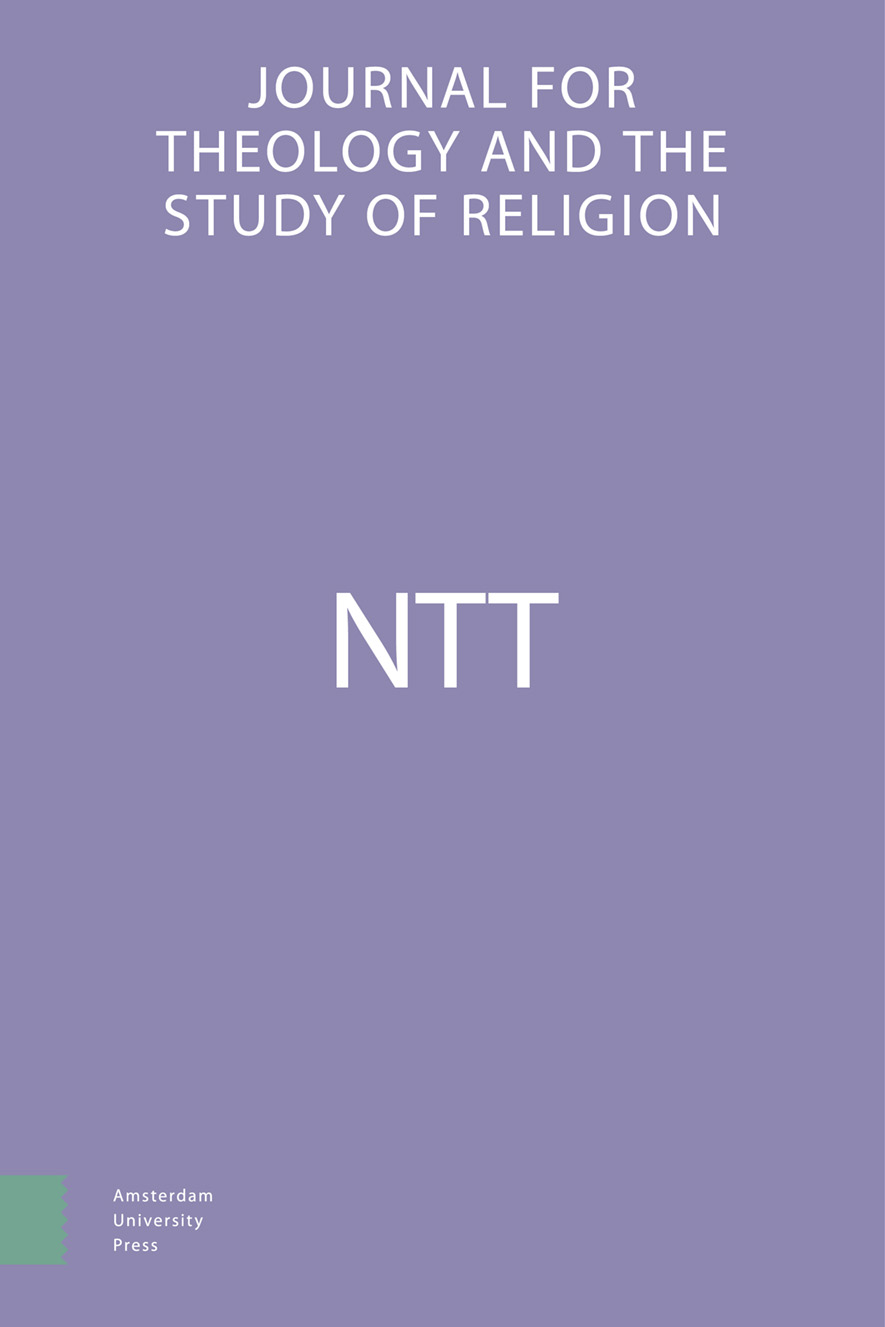-
oa Afterword: From Catholic Modernity to Religious Modernities
- Amsterdam University Press
- Source: NTT Journal for Theology and the Study of Religion, Volume 75, Issue 3/4, sep. 2021, p. 508 - 543
- Vorig Artikel
- Inhoudsopgave
- Volgend Artikel
Samenvatting
In a time when the two major strategies followed by Christian religious traditions in modernity have lost traction—Christendom and subcultural isolation on the one hand and liberal and socialist assimilation with modernity on the other hand—Charles Taylor’s Catholic modernity idea opens up a “third grand strategy,” a new perspective on the relationship between religion and modernity. Moreover, the perspective can be put to use in other religious traditions as well. We will, hence, argue for the extension from a Catholic modernity to a religious modernities perspective. With the help of the arguments and suggestions as well as the critiques put forward by Taylor and the other authors in this volume Modernity and Transcendence, we will chart some of the main axes of this vast research field: (1) the clarification of Catholic/religious modernity; (2) the generalization of the Catholic modernity idea into a religious modernities perspective; (3) the invention of an inspiring, post-Christendom Christianity/post-fusional religion and theology; (4) the issue of religious engagement in our time—what Taylor calls “the Ricci project”; (5 and 6) the need for encompassing theories of modernity and religion (transcendence).


